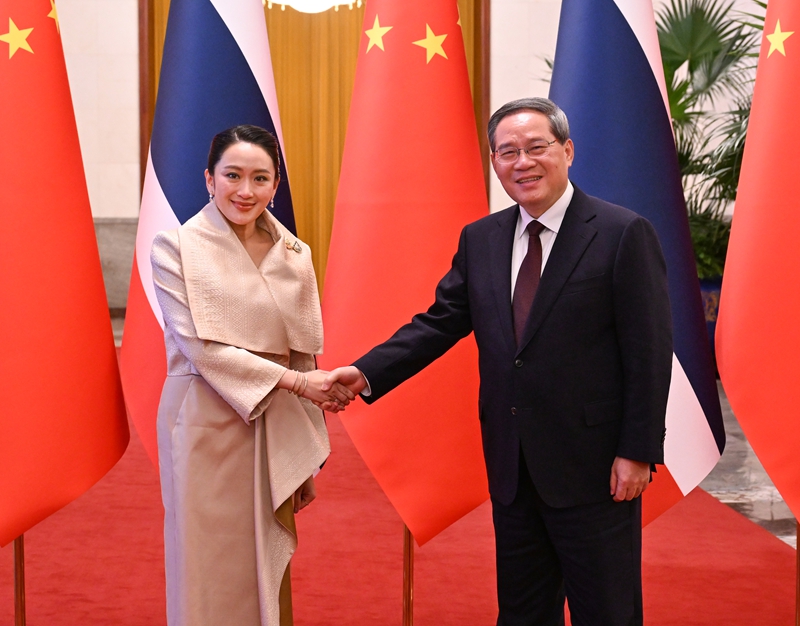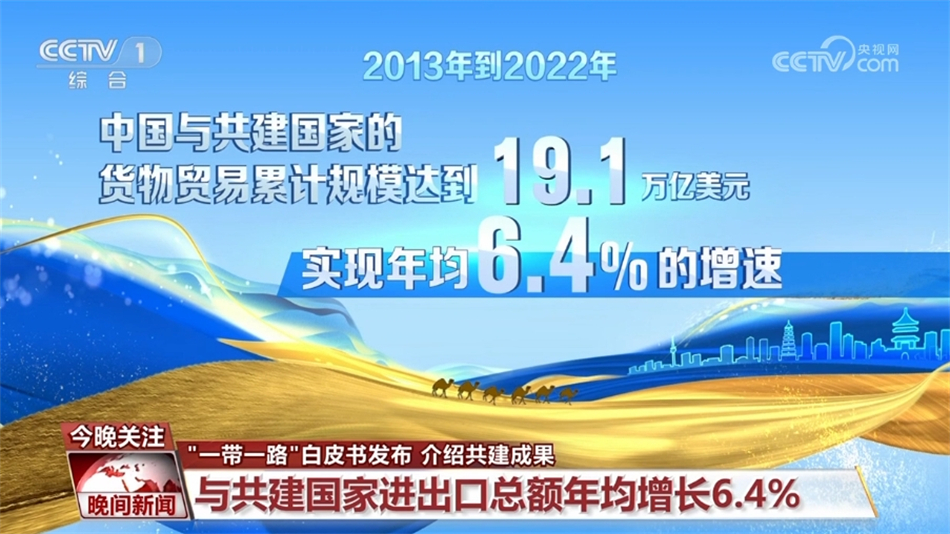Is There A Huge Power Gap Between China And The United States? US Media Once Said: China Has Only Two Choices. If It Does Not Make Concessions, It Will Be Destroyed.
Is There A Huge Power Gap Between China And The United States? US Media Once Said: China Has Only Two Choices. If It Does Not Make Concessions, It Will Be Destroyed.
The contest between China and the United States is never just a competition of numbers, nor is it a one-way street between strength and weakness. Recently, some US media have once again hyped up the extreme argument that "China has only two choices: concession or destruction." Their voices are harsh and their tone is tough.
The contest between China and the United States is never just a competition of numbers, nor is it a one-way street between strength and weakness.
Recently, some US media have once again hyped up the extreme argument that "China has only two choices: concession or destruction." Their voices are harsh and their tone is tough, as if they are trying to suppress or even replace reality with words.
But the question is, can this "choose one" statement really summarize the entire picture of Sino-US relations? If the world is really that simple, why do we need international politics?

Behind the hype
This kind of statement did not come out of nowhere, but was closely related to some public opinion trends before and after the high-level talks between China and the United States.
Whenever there are important diplomatic moves between China and the United States, some US media begin to "add drama" and often release some highly confrontational remarks in advance, such as binary rhetoric such as "China must make concessions" and "China will be isolated if it does not cooperate." They like to push the situation in the direction of "black and white" and create an atmosphere of extreme tension.

Looking back at the several high-level interactions between China and the United States in 2023, the US media frequently cited so-called internal reports, portrayed China as a passive and under pressure role, and suggested that only obeying US rules was the "way out."
This argument appears to be analysis, but in reality it is pressure from public opinion. But what is really noteworthy is that China has not danced to these rhythms, nor has it been thrown into disarray by these claims.
China has repeatedly stated through diplomatic channels that it is willing to engage in dialogue, but the dialogue must be on an equal footing and cannot use pressure as a bargaining chip, let alone accept unilateral coercion.

China's mainstream media also responded clearly, opposing this extreme "either-or" logic, pointing out that this statement is inconsistent with the facts and ignores the existing basis for cooperation between China and the United States.
In fact, many international observers have pointed out that this type of "destruction theory" is more about emotional venting than rational analysis. It reflects more the anxiety of some political circles and media about China’s rise than a true reflection of the current status of Sino-US relations.
The public opinion field can be boiling, but in the diplomatic field, calmness is the main theme.

Opponents are also partners
If, as some voices say, China and the United States are destined to have nothing but confrontation, then what are these high-level talks and mechanism building in the past few years?
From high-level U.S. visits to China, multiple delegations to China, from meetings in San Francisco to the resumption of hotlines between multiple departments, reality tells us a very simple truth that has been ignored by many people. China and the United States are not enemies, but two major countries that must deal with each other.

In the past two years, despite constant friction, the two sides did not interrupt contact. Instead, they gradually resumed dialogue channels in many aspects. Especially on global issues such as economy, climate change, and artificial intelligence regulation, the two countries have begun to find some intersections for cooperation.
For example, at the San Francisco meeting, the two sides reached consensus on issues such as artificial intelligence risk management and fentanyl control. Although the process was not easy, the results were tangible.
The military aspect is even more critical. China and the United States have restored military hotlines to avoid miscalculation and misfire.

China has reiterated in many talks that respecting each other's core interests and establishing communication mechanisms are the keys to preventing the escalation of the crisis. This is not a concession, but a sign of maturity between major powers.
Interactions in the economic field have not stagnated. Although the United States continues to put pressure on China's high-tech industries, it is also seeking stable cooperation in some areas.
China continues to enhance its ability to hedge risks by accelerating market diversification and strengthening independent technological innovation. The United States cannot ignore China's position in the global supply chain, nor can it bypass China's influence in the global economic system.

These real-life interactions show that Sino-US relations are not a zero-sum game of "life or death", but a complex relationship of competition and cooperation. Competition is inevitable, but coexistence is also an unavoidable fact.
The "either-or" scenario of either concession or destruction described by the US media is simply untenable in practice.

The other side of the power gap
Going back to the original question, is the power gap between China and the United States really so big that China can only choose sides? This may sound domineering, but in reality it lacks confidence, because the so-called "gap" is never static, nor is it the only dimension.
China's economy is growing steadily, its manufacturing system is complete, and its technological breakthroughs are accelerating. From high-speed rail to electric vehicles, from new energy to the digital economy, China has become one of the most resilient economies in the world.

More importantly, China does not try to use these achievements to pressure others. Instead, it promotes multilateral cooperation through platforms such as the “Belt and Road Initiative” and drives the development of more countries.
Militarily, China's national defense modernization is steadily advancing, but it always adheres to the principle of defensiveness. China has repeatedly emphasized on international occasions that it will not seek hegemony or expansion. This kind of strategic determination is particularly valuable in the context of the current heated competition among great powers.
On the other hand, the United States still has a huge military and financial system, but its internal challenges continue to increase. Issues such as inflation, fiscal deficits, and social divisions have put its global influence to the test.

The United States promotes unilateralism in some international affairs, which in turn weakens the international order it has built.
At the same time, China is playing an increasingly active role in global governance. Whether it is participating in climate negotiations, advancing the development agenda, or proposing constructive solutions in multilateral institutions, it has demonstrated the demeanor of a responsible major country.
This means that China and the United States are not one aloof and looking up to catch up, but two major countries interacting in different dimensions and at different rhythms. The so-called "huge gap" is more about the psychological gap than the actual gap.

History does not advance in a straight line. It always seeks balance in confrontation and establishes order in collision. Sino-US relations are no exception.
Those who shout loudly that "China must make concessions" may create momentum in a short period of time, but they will not change the reality in the end. China has its own rhythm and strategic determination, and will not deviate from its development path just because of a few words of public opinion.
From a historical perspective, choosing cooperation is not about weakness, but maturity. Where the giant ship of China and the United States sails does not depend on who has the loudest voice, but who is more patient and who better understands the complexity of the world.

This is not a two-choice question of "concession or destruction", but a multiple-solution question about the future. And China has already given its own answer with actions.





